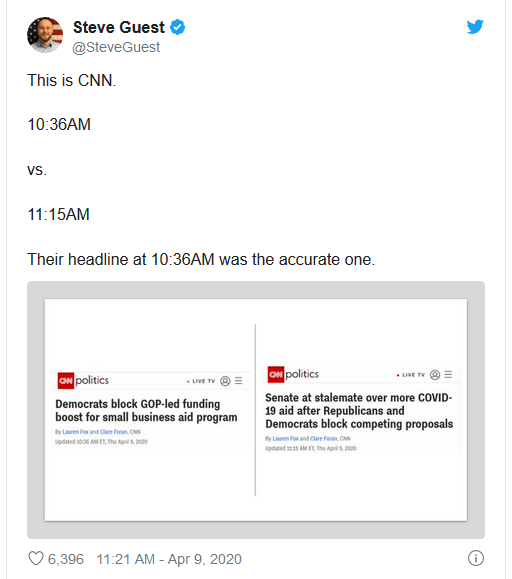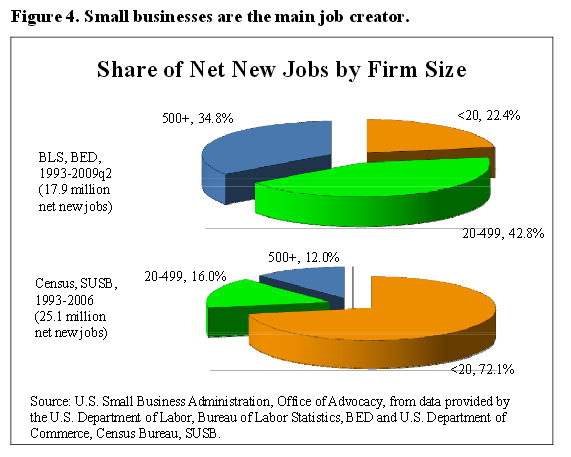There are a lot of ways to steal an election–you can do it electronically, you can do it with mail-in ballots, you can do it with basic voter fraud, or you can be subtle and do it by going in to places that you know will vote the way you want them to and paying people to register those voters and get them to the polls. Right now, that is the preferred method.
On Saturday, The Federalist reported:
With a little over seven months until Election Day, “Bidenbucks” are ramping up where Team Biden’s sweeping taxpayer-funded get-out-the-vote order is most needed. Meanwhile, a federal judge has stopped a Bidenbucks complaint described as “the MOST important election integrity lawsuit in the country.”
The Michigan Department of State recently announced a signed Memorandum of Understanding (MOU) with the U.S. Small Business Administration “to promote civic engagement and voter registration in Michigan.” The agreement, according to Michigan Secretary of State Jocelyn Benson and SBA Administrator Isabel Casillas Guzman is a “first-of-its-kind collaboration” for the federal agency. It is expected to run through Jan. 1, 2036. That is, if legal challenges can’t stop the apparently unconstitutional “understanding.”
“Small businesses are the lifeblood of our economy. Like voting, they play a direct role in improving people’s lives,” the swing state’s leftist secretary of state, who fancies herself as a defender of democracy, said in a press release. “I’m proud we are working with the Small Business Administration for this first-in-the-nation effort connecting Michigan’s small business community with the tools and information they need to play an even greater active role in our democracy.”
First of all, we are a representative republic–not a democracy.
The article concludes:
“…Plaintiffs have alleged only an institutional injury resulting from ‘a general loss of legislative power,’” the judge wrote in her decision. “A vague, generalized allegation that elections, generally, will be undermined, is not the type of case or controversy that this court may rule on under Article III.”
But there’s nothing vague or generalized about the effects of Biden’s voter registration executive order that serves as a federal government-funded GOTV campaign for Democrats.
As the lawsuit notes, the executive fiat requires all federal agencies to “identify and partner with specified partisan third party organizations,” “distribute voter registration and vote-by-mail ballot application forms,” “assist applicants in completing voter registration and vote-by-mail ballot application forms,” and “solicit third-party organizations.” It also “directs state officials to provide voter registration services on agency premises.”
All of it is being done without congressional approval or appropriation. Meanwhile, the Biden administration refuses to release records on the initiative, raising the question: What does Team Biden have to hide?
There will be more of this activity as November approaches.






